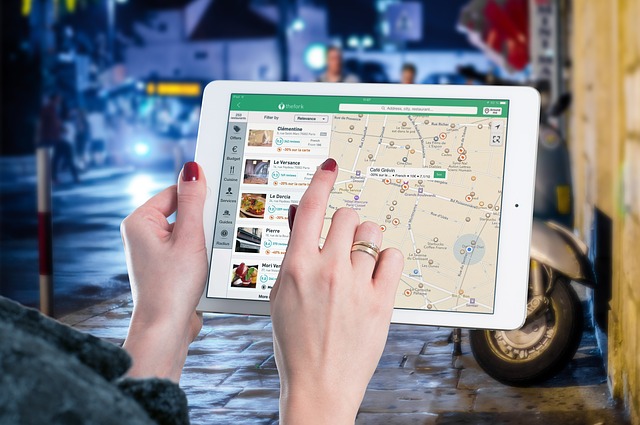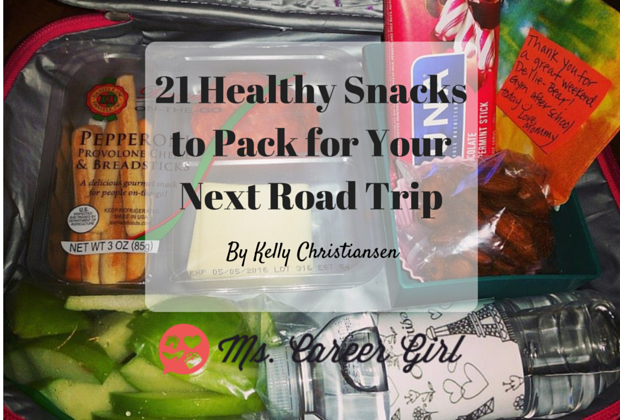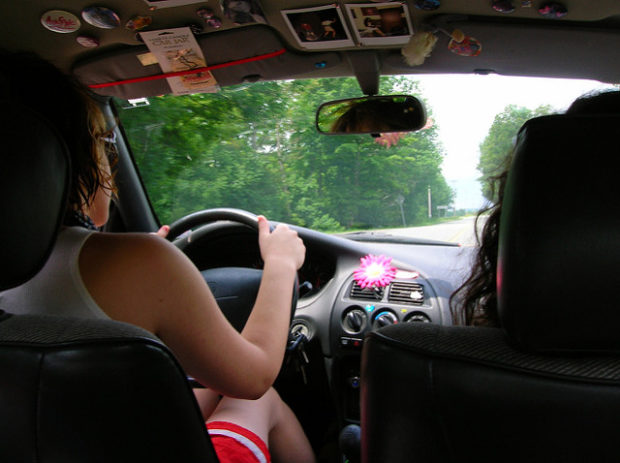Seven Road Trip Safety Tips

Whenever you are behind the steering wheel of a car, whether with passengers or alone, your top concern should always be arriving safely at your destination. It’s now easier than ever to be distracted, so it’s crucial to know and implement safe driving habits every time you’re on the road. Here are 5 essential road trip safety tips:
Prepare Your Car
A good place to start preparing for a safe road trip is your vehicle since it will be your means of getting to where you want. Follow car maintenance tips that can make your car last longer and plan weeks ahead for any unforeseen repairs. Go over the following and adjust if needed:
- Coolant
- Brakes
- Engine oil and transmission fluid
- Spark plugs
- Spare Tire
- Tire Pressure and tread condition
- Belts, caps, hoses, and filters
- Lights, signals, all wiper blades and windshield wiper fluid
Prepare Yourself
Getting yourself ready for a road trip is just as important as preparing your vehicle. Let people know where you’re going and try to hit the bed early at least 3 days in a row before your trip. Check your cell phone signal range and make sure you can reach an emergency operator. Spend some time before your trip to familiarize yourself with the weather forecast and routes you’ll be traveling. On the day of your journey make sure to wear comfortable clothes and confirm you’ve packed the necessities:
- First aid kit
- Blankets and pillows
- Water and snacks
- Travel brochures and maps
- Tool kit and cutting tool
- CDs or books on tape
- Waterproof matches or lighters.
- Jumper cables and flares

Check Hotels in the Area or Make Reservations
If you plan on making a stop for an overnight rest, make it easier by doing the following:
- You should only make reservations if you have an idea of where you’ll be stopping for the night. What if there’s a nearby festival, concert, or some sort of celebration? You want to put yourself in a position where you can get a room at a decent price.
- You will save gas, time, and money if you don’t have to get on and off exits or stop at different hotels to find out the rates and availability. Plan and figure out hotel locations and room prices so you can compare them.
- If you have no idea where you’ll be stopping for the night and you’re waiting to get a room when you’re on the road, make sure you call to make reservations in the early to mid-afternoon. Most hotels will start filling up by late afternoon and early evening hours.
- Look around for hotels that offer a family discount, automotive club and warehouse club discounts, etc.
Avoiding others who are driving aggressively
- Breathe and let go of road rage. Take a passive approach in dealing with aggressive drivers. Assume that the other driver may have uncontrollable anger or a medical condition that causes them to be unreasonable.
- If you have a driver that’s tailgating too close, tap on the brakes a couple of times to let the driver know he needs to increase his distance. If the driver doesn’t get the message, slow down gradually and he’ll be forced to overtake at the next opportunity. Avoid making gestures. Proper driving etiquette was taught in driving schools but some drivers seem to have forgotten.
- If you notice a car speeding or aggressively switching lanes behind you, stay in your lane and maintain your speed. When the timing allows, you can fall back to make room behind the vehicle ahead of you so the speedster can move into the gap without feeling the need to overtake several cars at once. He’s no longer your problem.
- If you notice signs of aggressive driving on the highway, maybe two drivers consumed with road rage, slow down or pull over to avoid them.
Remember, what matters is your safety, not being right!

Be Smart with Gas Mileage
If your trip is a long one, you may have to spend a chunk of your budget on gas alone. Here are some tips to save on gas:
- Try to purchase gas in the early morning hours or late in the evening when the gas is cool and dense.
- Observe the speed limit. You can save close to 21% more on your gas mileage if you travel at 55mph versus traveling 10-15 miles over.
- Go easy when accelerating or braking. Make a smooth acceleration when going from 0-60 mph to save close to 30% on gas mileage. The same applies when stopping.
- Having windows open while traveling at high speed will increase air drag on your vehicle which can reduce your gas mileage up to 10%, so keep them closed.
- Avoid driving on rough roads, they can reduce your gas efficiency by 25%.
- Remove unnecessary weight from your car to improve your gas mileage.
- Make sure to maintain the maximum tire pressure recommended by the manufacturer.
Check your blind spot every time
Though rear and side view mirrors do a good job of showing what’s behind the vehicle, they still have areas big enough for bikes, cars, and people to hide in. That’s why it is recommended that drivers should check their blind spots before:
- Merging with other traffic
- Pulling out from the kerb
- Changing lanes, for instance, when passing or overtaking
- Parking or moving from a park position
- And during a three-point turn
Adjusting the side mirror so that the side of your car is out of sight or installing a rear view camera can go a long way in minimizing the size of your blind spot.
Be Safe and Alert While Traveling
The final road trip safety tip is about being alert while on the road. Take the following into consideration while on the road:
- Wear your seat belt and make sure every passenger does the same.
- Scan the road far ahead for hazards so you can anticipate problems before they develop.
- Make a habit of scanning for vehicles in the side and rear view mirror
- Stay alert when you have a tailgater or an aggressive driver close by.
- Slow down. Speeding might get you there faster, but it gives you less time to react and increases the impact of a car crash.
- Make sure you are not driving in someone’s blind spot. When you approach a vehicle beep twice so they know you are there – especially large vehicles.
- Unless it’s an emergency, avoid pulling over on the side of the road – especially at night.
- Make sure you have enough gas between exits.
- Take breaks and stretch your limbs to avoid cramps and to improve your sharpness.
- Watch other drivers around you, take note of what they are doing, and always expect a sudden move.
- Avoid multitasking. Let 100% of your attention be on the road;
- Maintain at least a 4-second cushion between you and the vehicle ahead so you can respond to sudden moves. This means you need to assume other motorist will do something crazy, and give yourself time to react.
- Increase this to 8 seconds at night, in foggy or rainy conditions, and when the road is wet.
- If you feel tired, try listening to music, roll the window down, or transfer driving responsibility to someone more alert.
Finally, remember why you planned the road trip in the first place, relax, and try to take in as much of the road as possible.




